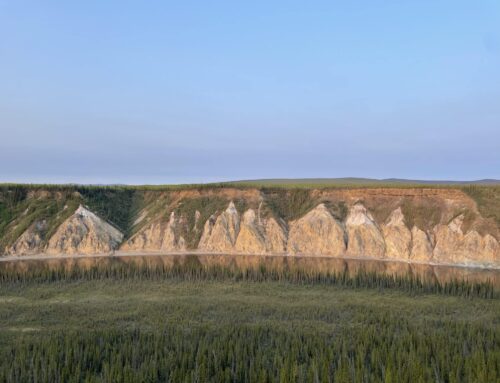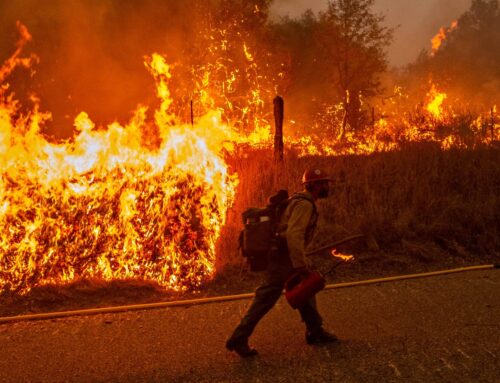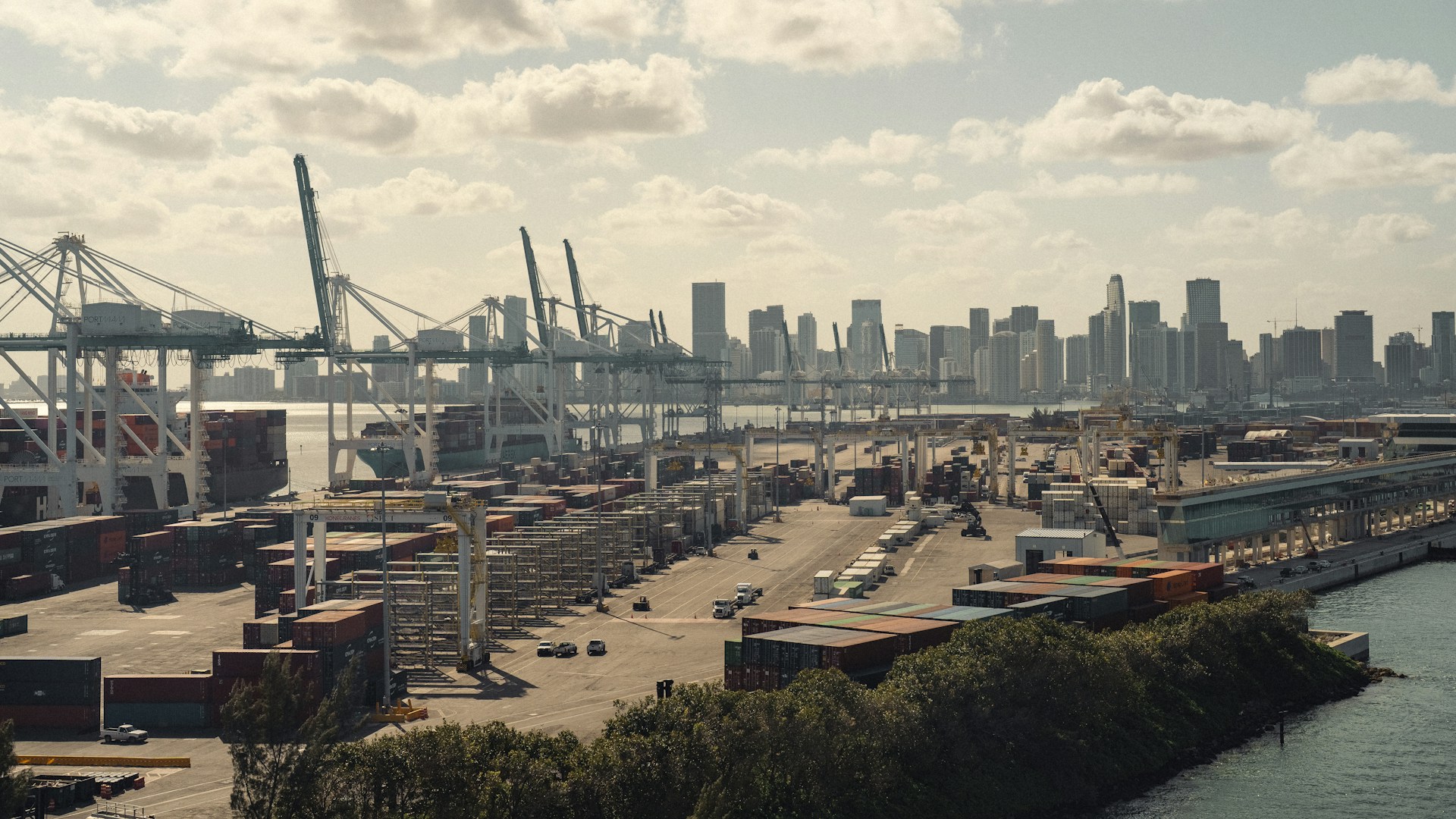The Bureau of Land Management (BLM) within the Department of the Interior (DOI) is responsible for leasing federal lands for oil and gas development. A recent Government Accountability Office (GAO) report found that the BLM has failed to recover the costs of administering the federal oil and gas program due to outdate policies and fees.
The Secretary of the Interior is required by law to hold quarterly lease sales in every state where unleased lands are available. Here’s how the current leasing process works:
- The public can nominate parcels of land, free of charge, to be included in a sale.
- The BLM state office considers these nominations, conducts environmental reviews, and invites the public to comment on the proposed parcels.
- The state office then publishes the final list of tracts available for lease and opens the online bidding through a commercial website called EnergyNet.
- The leases are sold to the highest bidder who offers at least the minimum acceptable bid, which is currently set at $2 per acre. If a tract of land does not receive a minimum bid, it will remain available on a first-come, first-served basis for two years before it can be offered at auctions again. Anyone who applies can then acquire the tract noncompetitively.
When BLM issues oil and gas leases, it charges a one-time application fee, which is currently set at $175 for competitive leases and $450 for noncompetitive leases for FY2022. The application fee is adjusted for inflation annually. Although BLM reviews its fees biennially, the agency has failed to account for all relevant costs that the fees are intended to cover and relies on decades-old data for analysis, according to the GAO.
Moreover, BLM does NOT charge an expression of interest fee for nominating parcels of land. From 2009 to 2019, 87 million acres of land was nominated for oil and gas leasing. The agency has to examine the eligibility of every nomination. After evaluating the nominations, BLM spends from $17,000 to $178,000 per lease auction to conduct environmental assessments for all eligible nominated lands. Of the 87 million nominated acres that BLM processed, only 21 percent or 14 million acres were eventually leased. By not charging an expression of interest fee, the agency wastes taxpayer dollars on evaluating nominations that will never lead to leases.
GAO documented one particularly egregious example. In 2014, 28 million acres of land in Nevada—almost half of the size of the entire state—was nominated for oil and gas lease sale. In the end, very little of those acres were leased. An expression of interest fee could discourage such frivolous nominations and make oil and gas companies more likely to nominate parcels they are actually interested in developing. GAO also noted that imposing an expression of interest fee would be consistent with other BLM energy programs like geothermal, wind and solar.
If oil and gas companies want to nominate public lands for development, they should bear the administrative costs BLM incurs from nomination to lease issuance. That is the cost of doing business. Taxpayer dollars shouldn’t be wasted on frivolous nominations that most likely will never result in actual leases. But good news for taxpayers—the current draft of Build Back Better act includes an expression of interest fee, along with other important oil and gas leasing reforms that can bring in revenues.











Get Social